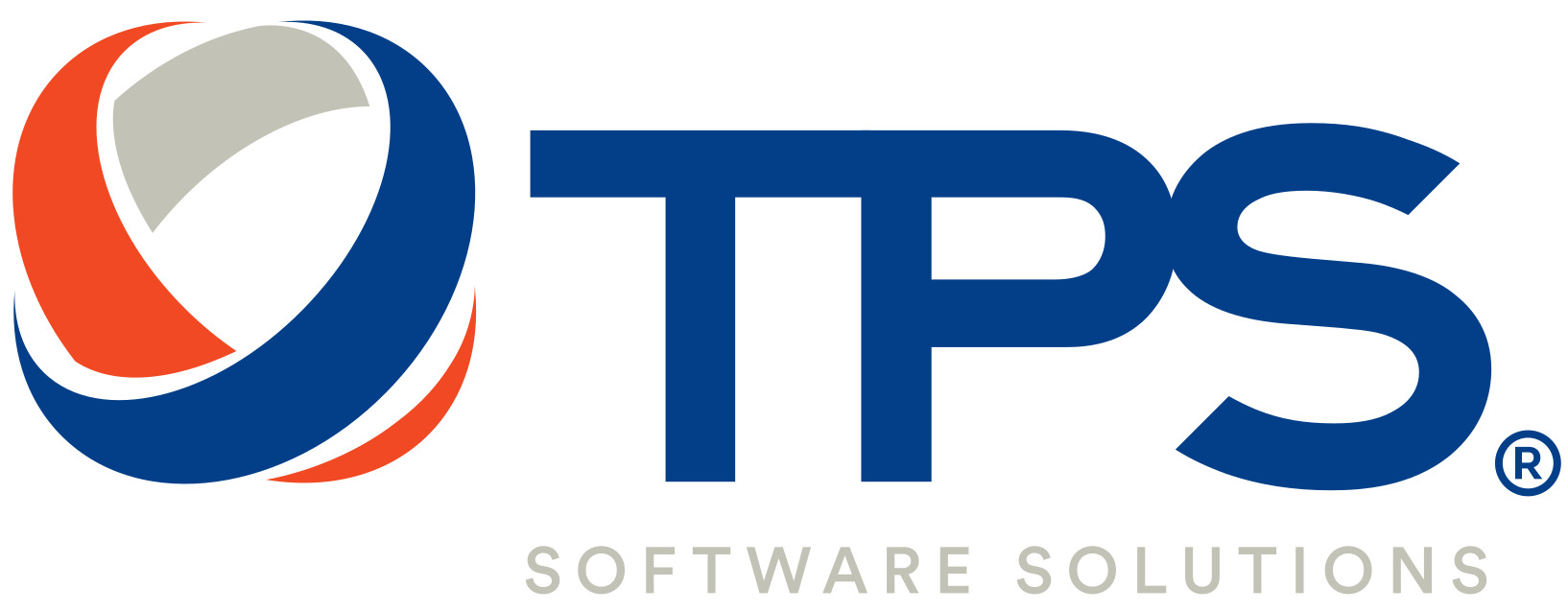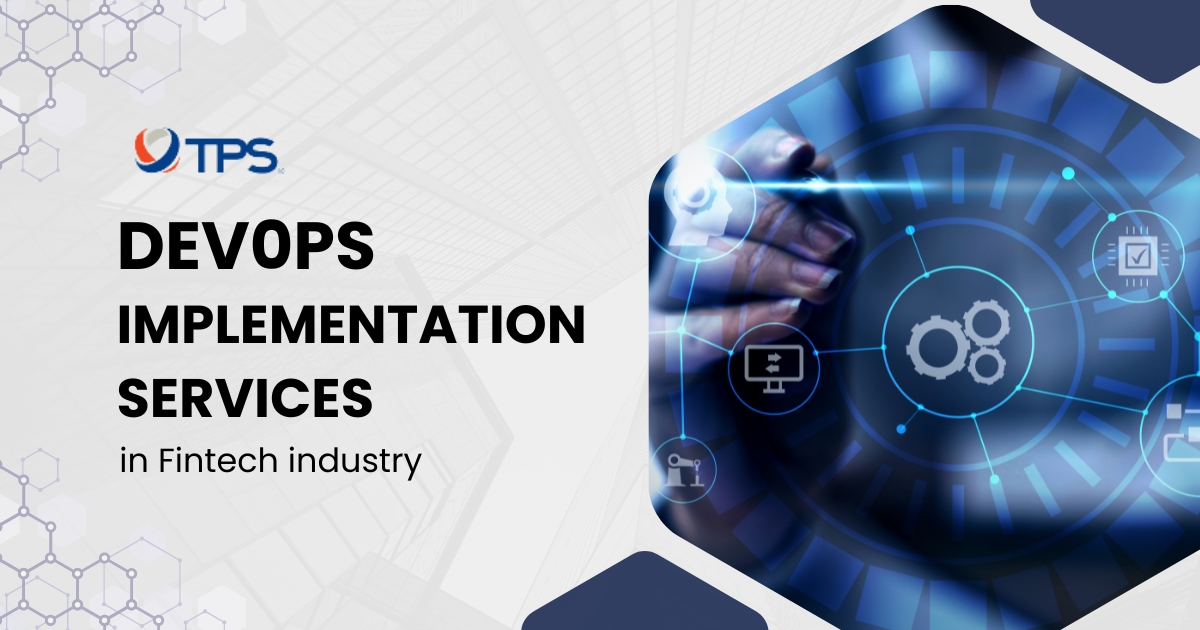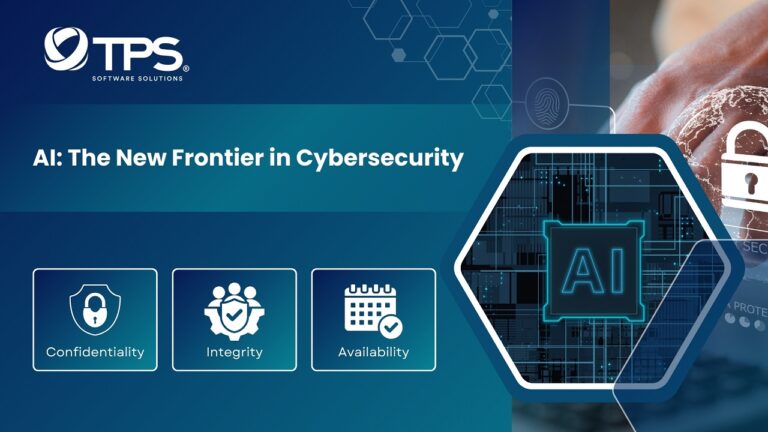What is DevOps in Fintech ?
DevOps implementation services can be particularly beneficial for organizations in the fintech industry, where software development plays a critical role in delivering financial services to customers. DevOps practices can help fintech organizations to develop and release high-quality software quickly and reliably, while also maintaining security and compliance.
How many services are in DevOps implementation ?
DevOps implementation services for fintech organizations typically offer a range of services, including:
DevOps assessment
A comprehensive assessment of an organization’s current software development process to identify gaps and areas for improvement.
DevOps strategy
Developing a customized DevOps strategy that aligns with an organization’s goals and objectives, while also taking into account security and compliance requirements.
DevOps tools and technologies
Implementation of the latest DevOps tools and technologies to automate the software development process, while also ensuring security and compliance.
DevOps training
Providing training and coaching to development and operations teams on how to use DevOps tools and technologies effectively, while also ensuring security and compliance.
Continuous monitoring and improvement
Continuously monitoring and improving the DevOps process to ensure that it meets an organization’s goals and objectives, while also ensuring security and compliance.
5 examples of DevOps implementation in the fintech industry
PayPal: PayPal is a leading online payments company that has implemented DevOps practices to improve its software development process. PayPal’s DevOps implementation involves continuous integration and delivery, automated testing, and the use of microservices architecture to improve scalability and reduce downtime.
Robinhood: Robinhood is a popular investment app that has implemented DevOps practices to improve its software development process and enhance the user experience. Robinhood’s DevOps implementation involves automated testing, continuous deployment, and the use of containerization to improve scalability and reliability.
Capital One: Capital One is a financial services company that has implemented DevOps practices to streamline its software development process and improve its time to market. Capital One’s DevOps implementation involves continuous integration and delivery, automated testing, and the use of cloud technologies to improve scalability and reduce infrastructure costs.
Stripe: Stripe is a payments processing company that has implemented DevOps practices to improve its software development process and enhance the security of its services. Stripe’s DevOps implementation involves continuous deployment, automated testing, and the use of infrastructure as code to ensure consistency and reduce the risk of configuration errors.
Monzo: Monzo is a digital bank that has implemented DevOps practices to improve its software development process and deliver new features and services to its customers more quickly. Monzo’s DevOps implementation involves continuous deployment, automated testing, and the use of microservices architecture to improve scalability and reduce downtime.

DevOps Implementation at PayPal
We will look deeper into Paypal as it is one of the most popular online payment systems in the world. With millions of users and transactions every day, it is important that their systems are reliable, efficient, and secure. This is where DevOps implementation services come in. We will explore how PayPal has implemented DevOps and how it has helped them improve their system’s performance and reliability.
As a digital payments company, since 2012, PayPal has embraced DevOps to streamline its software development and delivery processes, enabling faster and more frequent releases of new features and updates. Here are some ways PayPal implements DevOps in their business:
Collaboration and Communication: PayPal encourages collaboration and communication between development, testing, and operations teams to ensure that everyone is aligned and working towards the same goals. This is done through regular meetings, stand-ups, and constant communication via chat and collaboration tools.
Continuous Integration and Delivery: PayPal has implemented a Continuous Integration (CI) pipeline that automates the build and testing of their applications. This pipeline ensures that any code changes made by developers are tested and integrated into the system automatically, reducing the risk of errors and bugs in the code.
Infrastructure as Code: PayPal uses Infrastructure as Code (IAC) to manage its IT infrastructure, which allows for the automation of infrastructure provisioning, configuration, and deployment. This approach enables PayPal to create and deploy infrastructure in a consistent and repeatable manner, ensuring that all environments are identical, which reduces the risk of configuration errors. IAC also enables PayPal to quickly provision and deploy new environments, reducing the time it takes to set up new infrastructure. The use of IAC also allows for the automation of infrastructure testing, ensuring that the infrastructure is tested for any issues before being deployed.
Monitoring and Feedback: PayPal has implemented a robust monitoring and feedback system, which allows the company to identify and address issues quickly. The monitoring system collects data on the performance of their applications, infrastructure, and services, enabling the company to detect and resolve issues before they affect customers. The feedback system also allows PayPal to gather feedback from customers and stakeholders, which enables the company to improve its products and services continuously. The monitoring and feedback system allows PayPal to stay ahead of the competition and ensure that they are meeting customer needs.
Agile Methodology: PayPal follows an agile methodology, with a focus on collaboration, flexibility, and rapid iteration. This allows them to quickly adapt to changing market conditions and customer needs.
Benefits of DevOps Implementation at PayPal
Since implementing DevOps practices, PayPal has seen several benefits, including:
Faster time-to-market
With the continuous delivery pipeline, PayPal is able to release new features and bug fixes faster than ever before.
Improved reliability
By automating the software delivery process and adopting Agile methodologies, PayPal has been able to improve the quality and reliability of its systems.
Increased collaboration
DevOps practices promote collaboration between development and operations teams, resulting in better communication and teamwork.
Better customer satisfaction
With faster delivery of new features and bug fixes, PayPal’s customers are more satisfied than ever before.
10 other examples of DevOps implementation for big and famous companies
Amazon: Amazon Web Services (AWS) is a leading cloud services provider that relies heavily on DevOps practices to manage and operate its vast infrastructure. AWS uses continuous delivery pipelines to automate the deployment of code changes and employs a wide range of DevOps tools and technologies to monitor and manage its services.
Netflix: Netflix is known for its innovative approach to streaming video, and it relies on DevOps practices to deliver new features and improvements to its platform. Netflix uses continuous integration and delivery pipelines to speed up the development and deployment of code changes, and it also employs a range of monitoring and testing tools to ensure the quality and reliability of its services.
Google: Google is another company that heavily relies on DevOps to manage its massive infrastructure and software systems. Google uses a range of tools and technologies to automate testing, deployment, and monitoring of its services, and it has developed its own internal tools like Kubernetes and Borg to manage its containerized applications.
Facebook: Facebook is a social media giant that uses DevOps practices to manage its complex infrastructure and deliver new features to its users. Facebook employs continuous integration and delivery pipelines to automate the testing and deployment of code changes, and it also uses a range of monitoring tools to ensure the performance and reliability of its services.
Microsoft: Microsoft is a software and technology company that uses DevOps practices to manage its cloud services, like Azure, and its software products, like Windows and Office. Microsoft employs continuous integration and delivery pipelines to automate the testing and deployment of code changes, and it also uses a range of monitoring tools to ensure the quality and performance of its services.
Etsy: Etsy is an e-commerce platform that relies heavily on DevOps practices to manage its infrastructure and deliver new features to its users. Etsy uses continuous integration and delivery pipelines to automate the testing and deployment of code changes, and it also employs a range of monitoring tools to ensure the quality and reliability of its services.
Uber: Uber is a ride-sharing platform that uses DevOps practices to manage its software systems and deliver new features to its users. Uber uses continuous integration and delivery pipelines to automate the testing and deployment of code changes, and it also employs a range of monitoring tools to ensure the quality and reliability of its services.
Airbnb: Airbnb is a travel and lodging platform that uses DevOps practices to manage its infrastructure and deliver new features to its users. Airbnb uses continuous integration and delivery pipelines to automate the testing and deployment of code changes, and it also employs a range of monitoring tools to ensure the quality and reliability of its services.
IBM: IBM is a technology and consulting company that uses DevOps practices to manage its software products and services. IBM employs continuous integration and delivery pipelines to automate the testing and deployment of code changes, and it also uses a range of monitoring tools to ensure the quality and performance of its services.
Cisco: Cisco is a networking and telecommunications company that uses DevOps practices to manage its software and hardware products. Cisco employs continuous integration and delivery pipelines to automate the testing and deployment of code changes, and it also uses a range of monitoring tools to ensure the quality and performance of its services.
Key Takeaway
In summary, these examples demonstrate how DevOps implementation has become a critical factor for success in the fintech industry. By adopting DevOps practices, fintech companies can streamline their software development process, improve product quality, and deliver innovative financial services to their customers more quickly and reliably.














